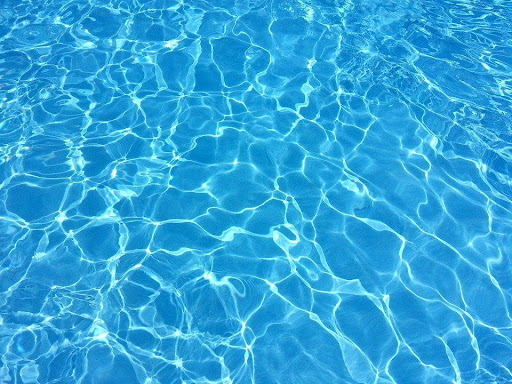The first step in maintaining your pool is to ensure you have the right chemicals for your particular needs. This article will discuss the importance of having compounds like sanitizers, algaecides, and disinfectants in the water. It’s also helpful to know about bromine and chlorine in your pool as well as how they are used.
Many people are unaware of what pool products are and what they’re used for. There are many types of chemicals that you need, and these can include but are not limited to chlorine, bromine, calcium hypochlorite (pool shock), muriatic acid, sodium bisulfate, and borax.
These chemicals react to form several compounds, including chloramines and cyanogen. Chloramines are products that result when chlorine reacts with ammonia in the air, creating tri-chloramine. Cyanogen is a compound that forms when chloramines react with sunlight.
With these on hand, you’ll be able to kill algae, bacteria, mold, and viruses in the water. They can also be used in spas, hot tubs, whirlpools, and more. You can check some of the best pool chemicals for sale that serve as starter packs for first-time pool owners.
How Do They Work?
A swimming pool is a significant investment. You want to make sure you are using the best chemicals for the water, so you don’t have to worry about your family’s health. Many people wonder what exactly the chemicals in their pool do. Some are oxidizing products that give them the ability to combine with oxygen and kill pathogens.
The most common disinfectant out there is chlorine in the form of calcium hypochlorite. This is a compound that kills the cells of the bacteria by attacking the lipids, structures, and enzymes through an oxidation reaction. This is the same thing with bromide, but they may achieve different results.
Generally, you’ll be able to purchase chlorine in tablets, powders, or liquid sachets. Professionals can add it to the water at some point in the cycle. Some owners may prefer using chemical feeders for the entire process, and when everything is added correctly, they use tablets in the skimmer boxes and let chlorine do the work in the water.
However, the issue is that most of the hypochlorous acid may not be stable. See more about the hypochlorous acid on this site here. This can degrade because it’s affected by the sun’s ultraviolet rays. It might combine with other compounds in the water and become chloramines.
They may mix with ammonia typically found in urine, and they emit unpleasant odors. They can also irritate the skin and the eyes. It’s best to do shock treatments once in a while where you add a very strong dose of these chemicals to remove the organic matter and other unhelpful compounds.
pH Levels
Another thing to watch out for is the acid-alkalinity balance of the water. This is a relative proportion of the alkalis and acids in the water. When the water is too acidic, it can cause surface material corrosion as well as various skin irritations. If the water’s pH levels are too alkaline, it may cause scaling on your plumbing equipment and a cloudy surface. High alkalinity and acidity can alter the chlorine’s effectiveness, so you may want to adjust the pH with various solutions before adding the others.
On the scale, 14 may indicate extreme alkalinity, and zero means excessive acidity. A 7 is a neutral state, and this is why many experts may recommend you achieve a level of 7.2 to 7.8 pH levels to have balance. Adding sodium bicarbonate and soda ash may raise the pH, and sodium bisulfate will lower it.
Proper maintenance of the pH level is a continuous process, and some new elements may be added, like rain, lotion, body oil, and more. This might take a surprising amount of work to maintain them, but with the right chemicals, you’ll keep the water clean and free from pathogens.
Health Risks of the Wrong Chemicals
Some people think that there are chemicals that are safe alternatives to chlorine because they are considered to be less irritating and more natural. However, if you’re not careful, you could be putting yourself at risk for serious health problems.
If you shop with unknown brands and add anything you like in the water, this can cause skin irritation and respiratory complications such as asthma for the swimmers. It’s best to consult with an expert first to know more about this.
Important Considerations

Considerations before you put in a new pool can be crucial. Before you even begin your design and construction, it is important to consider cleaning chemicals, the size, and the usage of your pool. Once you’ve found a solution, it is essential to discuss it with your builder to meet all safety codes. If you’re not sure what chemicals are best for your pool, feel free to speak with a representative of a legitimate company today.










